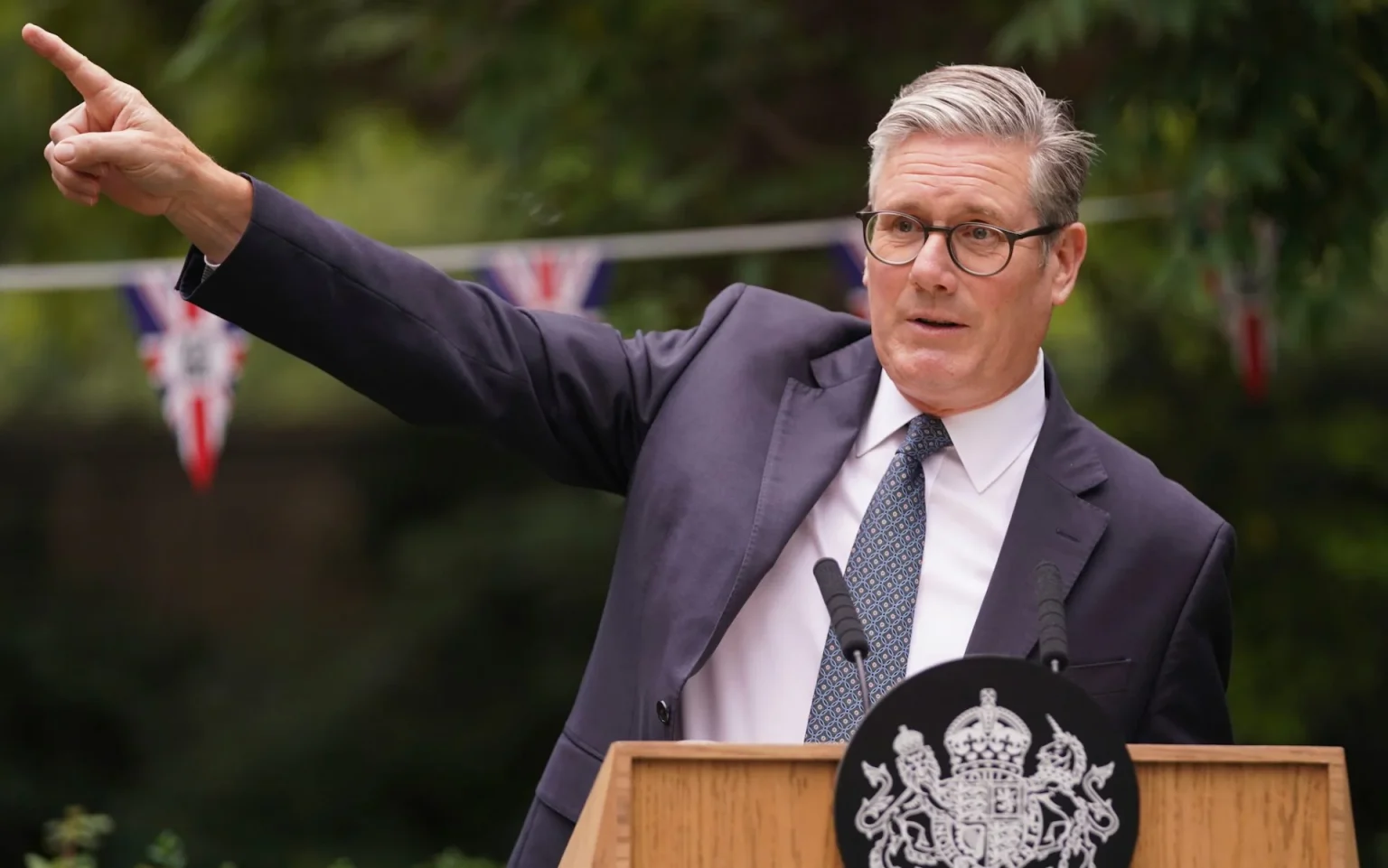Prime Minister Sir Keir Starmer had been mounted pressure from within his own party to remove Prince Andrew from the royal line of succession, amid growing unease about a potential constitutional crisis.
Andrew, currently eighth in line to the throne, can only be removed through an Act of Parliament.
Although it is highly improbable that he could ever become king, MPs argue that the possibility of remote is unacceptable.
Labour MP, Jon Trickett said that in the event of “an unimaginable family catastrophe, Andrew could technically inherit the throne, adding that the British people would not put up with it.”
Sir Keir’s office has maintained that there are no plans to alter the royal succession.
Still, several MPs and ministers have voiced support for legislative action to remove the Duke of York’s name from the list.
Also, Rachael Maskell, independent MP for York Central, also urged the government to strip him of his role as counsellor of state, despite Buckingham Palace confirming he would not be called upon to serve in that capacity.
The renewed pressure follows reports that Andrew will remain at his Windsor residence until early next year before relocating to a smaller property on the King’s Sandringham estate.
He is expected to receive compensation for surrendering his lease and may continue to receive financial support from the King’s private funds.
However, calls for Andrew’s removal have intensified following the release of further court documents in the U.S. linking him to convicted sex offender Jeffrey Epstein.
Royal historian Sir Anthony Seldon said Andrew should voluntarily request Parliament to remove him from the line of succession, saying it would “bring an end to all this woe on the Royal family” and restore public confidence in the monarchy.



